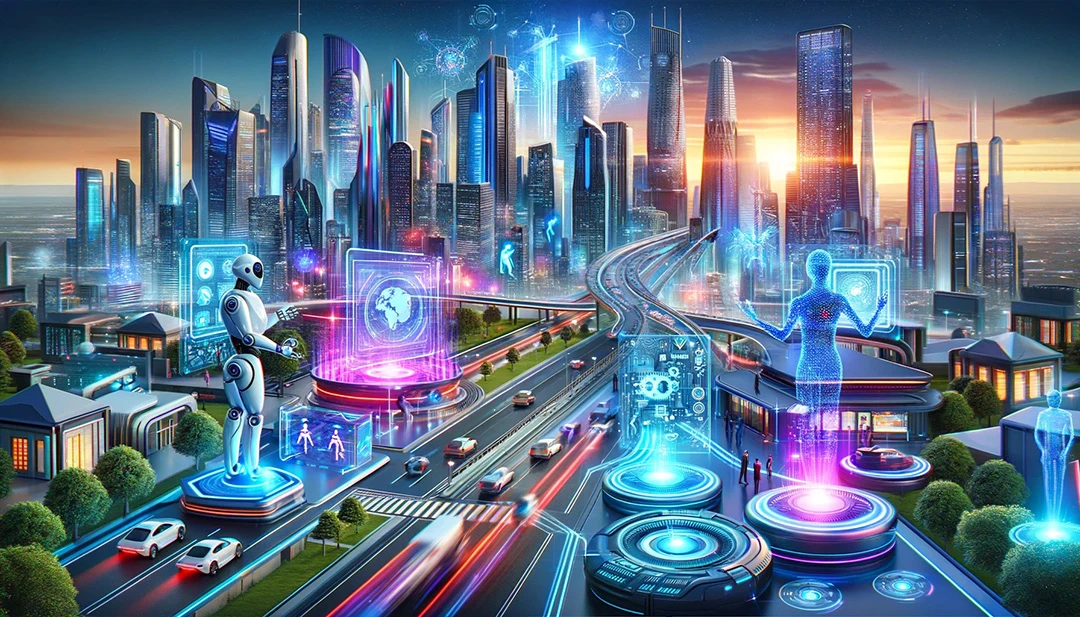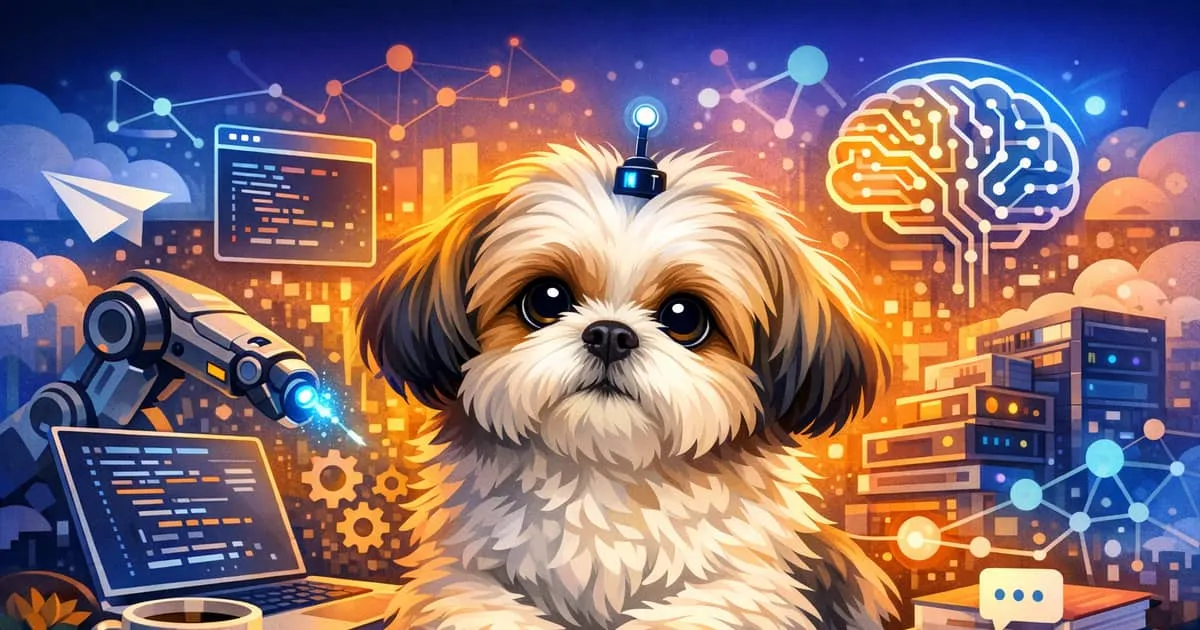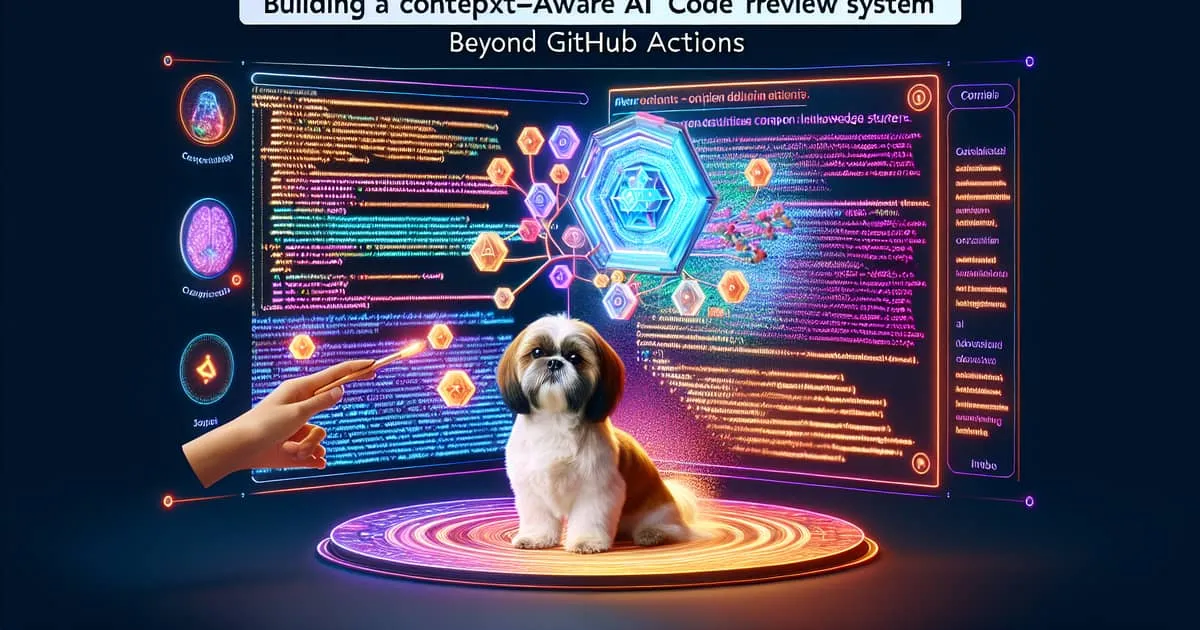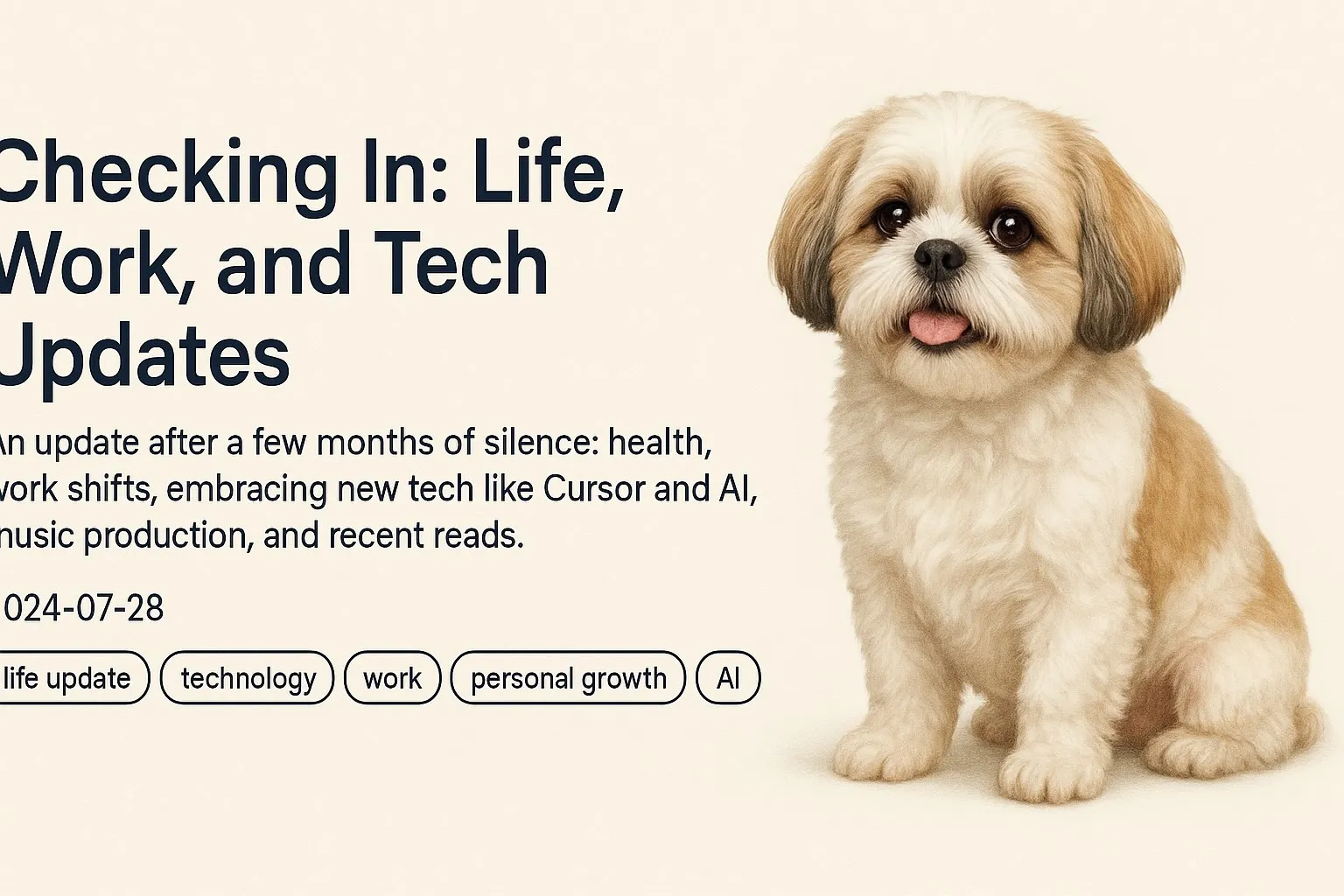Emergent Trends in Software
An exploration of the current state and future aspirations of AI, custom agents, and the evolving landscape of technology. This piece delves into the practical applications of AI, the challenges and opportunities it presents, and the vision for creating AI agents that tackle everyday tasks and support communities.

Emergent Trends in Software
The AI rush is here, but is it really as great as people make it out to be? I recently saw a meme that made me laugh. It depicted a startup founder suggesting, “Let’s go ahead and add a half-stupid AI to help our users.” Someone replied, “Oh, that’s a great idea,” and now it feels like every piece of technology is incorporating some sort of chat application.
Personally, I’m not interested in having a long conversation with an AI. Generally, I find myself refining my prompts and feeding it more and more context, which hardly feels like a conversation at this point. I am more interested in creating custom agents that perform micro-tasks and, when chained together, perform larger orchestrations that can serve a purpose for communities.
One thing I often think about, which I believe many people know but isn’t spoken about enough, is how AI primarily returns large chunks of text. The real value emerges when we can convert those responses into JSON arguments that can be injected into our code to perform something useful.
OpenAI is currently the leading organization in having models create JSON arguments, and I’m surprised there isn’t a strong secondary frontrunner. This is a bit shocking, but I could be incorrect.
My future aspirations involve building on my web development knowledge to help create an AI agent ecosystem that assists people on an individual level with tasks nobody likes to do, such as filing taxes or applying for visas and passports—things that are more complicated.
It’s slightly upsetting that the first thing everyone does with AI is challenge humanity’s ability to create art. As a musician, I’ve seen audio-based AI-generated content emerge. While it’s not really taking jobs, it’s giving new tools to people, making creation more accessible. This is great in the end, but I sometimes miss the days I never experienced, when there was a smaller music pool and the music mattered more, especially when musicians and artists spoke out politically. Nowadays, most top forty artists are afraid to speak out on anything. Anyway, I digress.
We need to get these custom AI agents to handle the jobs nobody wants to do, so we can move towards universal basic income and have more time to create art for our communities. The big takeaway here is that developing AI agents to solve specific problems is the kind of work I want to pursue. I’m thankful for my strong foundation in web application development, hosting, deployment, and testing. Now, it’s time to grab my surfboard and ride the wave, while ignoring the noise that seems to emanate everywhere in the AI space.
As of summer 2024, I’ve started exploring LangChain and LangGraph to build agentic systems, and I’m loving every bit of it. These tools are transforming how I think about creating custom AI agents, making it easier to build complex, interactive workflows that can truly assist in tackling the everyday tasks we often dread. I’m excited to see where this journey takes me and how these technologies can be leveraged to create meaningful, impactful solutions.
All the best,
Sincerely,
Andrew Riefenstahl



